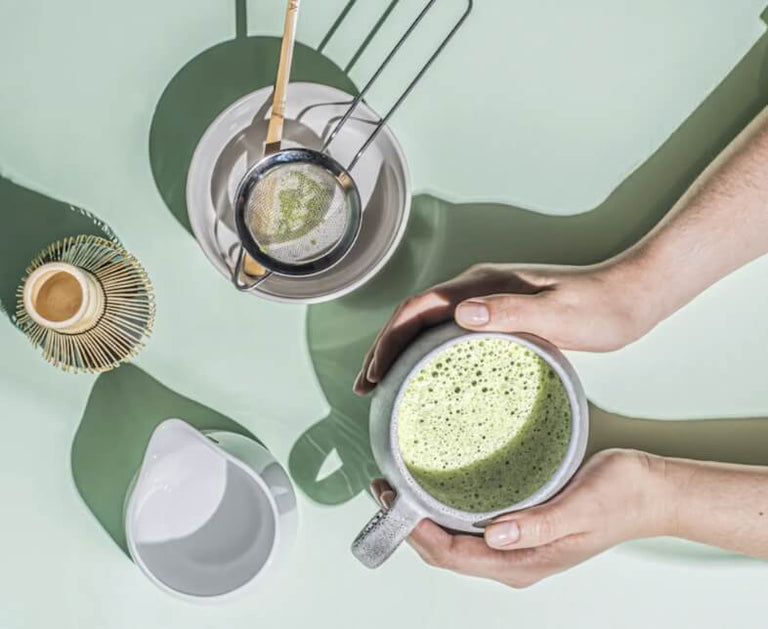Our Story
In the early 2010s, our founder Li Gong had an epiphany when he tasted the most delicate matcha from an organic farm in Japan. He immediately left his Silicon Valley job and set out on a mission to bring high-quality, organically-farmed matcha to the masses, founding Encha Matcha in 2014.
Today, Encha maintains that same mission. Our harvest and production processes are rooted in ancient traditions, where slow, meticulous care is paramount. We invite matcha lovers to experience our rich, complex flavor and enjoy the benefits of pure, clean energy.
With Encha, I want us to show to the world that organic-only is possible, affordable and enjoyable. I want to grow the Encha community ‘organically’ through education and personalized support. My social science training at Stanford taught me a belief: Intrinsic value doesn’t require extrinsic fanfare.
The last time when I drank coffee was in an early February morning. I had just flown in London with SAP colleagues to run a workshop in the headquarters of a big company. To overcome jet lag, I drank the free coffee provided in the workshop. I felt neurons were jumping in my head. I said lots of verbiage because I was anxious to perform, not necessarily putting forward clear thoughts. On the plane back to San Francisco, I flipped through foreign movies and watched “Ask This of Rikyu”. The zen elegance of Rikyu’s tea ceremony in that historical context of political and emotional conflicts left a subtle but deep impression in my mind.
Organic is Best
Another big belief in my life is to live an organic and natural life as much as possible, especially after I had lived next to a Whole Foods store in SoMa, San Francisco for 7 years. Yearning to find organic green tea farms which may or may not exist, I gave myself a good excuse to take the summer of 2014 off as a vacation of nature quest.
Finding the Best Macha
I hopped between Japan and eastern China a few times which are known for green tea farming. From the very first organic green tea farm I set my foot on, I was mesmerized by the lush rolling green tea fields in the mountain. Due to the organic requirement, many organic tea fields are pushed to the mountains because the ridges created a natural barrier from the conventional tea fields to prevent the overflow of pesticides.
There is nothing more fulfilling than learning green tea varieties from the farmers themselves. All the organic tea farmers who I met are humble. They switched to organic to remove the harm to their own bodies in the first place. I was warned many times by industry people and even by farmers that organic-only teas might have the challenges of much lower quantity and possibly less pleasant taste. Surely, all the organic green teas I tasted have a grassy note. But the best grown organic green teas have such pleasant and delicate grassy note, reminding me the early spring scent in the nature. So, when I tasted the conventional green teas which did not have any grassy note, I started to wonder what kind of synthetic chemical fertilizer was fed to the plant.
Meeting My Matcha
I came back to San Francisco with a suitcase of organic green teas including matcha. I was amazed and overwhelmed by all the varieties. I tasted them repeatedly with friends who are chefs, perfumerist, or good at verbalizing tastes. It was a lot of fun. One morning after I drank a bowl of organic matcha from the farm in Uji I visited, I felt my mind was elevating as if a big calm blue lake was broadening under the warm sun. I never had such a feeling before. Immediately I broadened my research to look into caffeine, and THEANINE in matcha.

